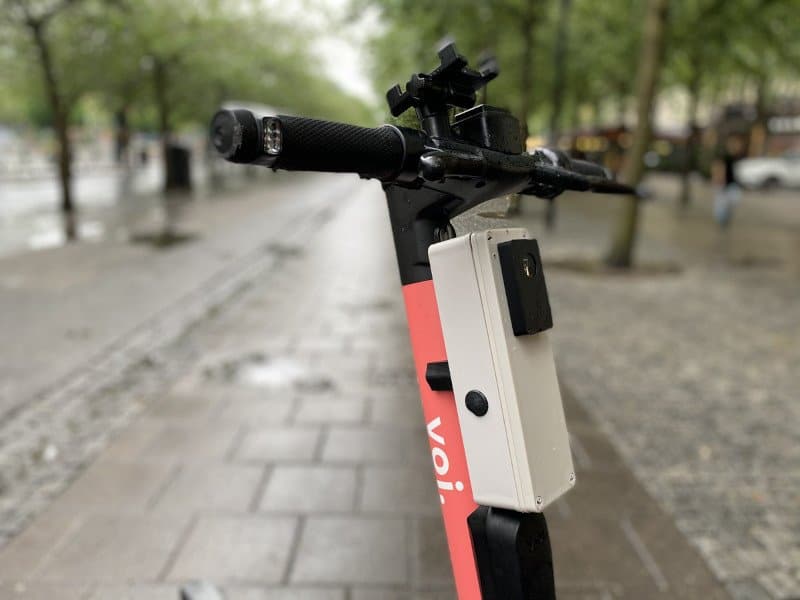A review of He, L. (2023). Assessing Smart Cities: A Review of Performance, Risk, and Construction Ability Assessment. Cogent Economics & Finance, 11(1), 2273651. – Review by Brian Fabregue
This review aims to critically evaluate and augment Li He’s comprehensive examination of metrics for assessing smart cities, with a focus on the depth of analysis, methodology, and practical implications.
sLi He’s article offers a detailed review of smart city assessments , encompassing performance, risk, and construction ability – it focuses mostly on risk in the second part of the paper.The article compares various evaluation systems within national and institutional frameworks. Li He employs mainly literature review and secondly analytical methods such as content analysis, word cloud, and co-word analysis – which are very interesting on the onset and proove the key element of the article : smart city do need assessment solutions.
While comprehensive, Li He’s article primarily focuses on some technical metrics, somewhat overlooking the social and political dimensions of smart city development. The article synthesizes existing literature adeptly but lacks groundbreaking new insights or solutions in the field. The argumentation is support but methodologically only sound, but could benefit from a deeper exploration of diverse methodologies.
The article effectively builds upon existing literature, but it could offer more specific comparisons, particularly in the context of holistic assessment frameworks and risk assessment tools. The article contributes a valuable framework for assessing smart cities but could extend its impact by integrating a more diverse range of assessment metrics, including those focused on societal impacts.
My opinion : Good article overall, but it fails to provide (given its conceptual work) a significant insight in the matter. The article is timely and relevant, aligning well with current smart city developments and challenges . More concrete examples of metric application in real-world scenarios would enhance its practical utility. Future research should aim to develop more comprehensive evaluation systems that encompass social, political, and environmental sustainability aspects of smart city initiatives.












